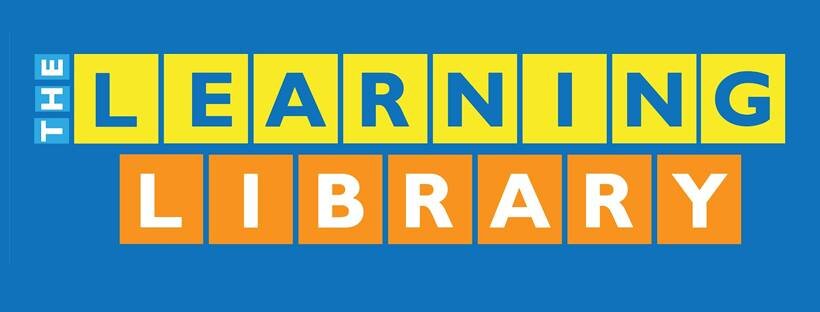What should my child be reading at this age?
Alex Deakin, Researcher
Choosing the right book for your child can be a difficult task. Most parents find the books of today very different from the ones they grew up reading. What does one do when the classic fairy tales or Bible stories are just not interesting enough for your young one, and the superhero or movie storybook they asked for was read once and never again?
Teachers here at The Learning Library have been helping children not just to read but to love reading as well, for over 15 years. We’ve gathered tips from our reading coaches and our director Kembell Lentejas, an internationally-trained reading specialist, on how to find a book that’s just right for your child’s age.
Starting The Habit
Before your child is even able to decode words on a page, you can help build the reading habit. Start reading to your child as soon as you can. Reading to your baby helps build comprehension and communications skills, with the added benefit of building their vocabulary at an early age. You can learn more online about reading books to babies.
“Reading to your child is one of the best forms of bonding that you can have with them -- it’s a beautiful thing,” says Teacher Kembell. It helps create an emotional connection between parent and child, and helps them associate reading with parent love.
Different Ages, Different Tastes
When children are younger, read for their enjoyment. There are many “nonsense” books with good word play or repetitive rhymes that children love. (They’ll even ask for that book every night!) As they grow older, give them books with simple words that they can practice reading. As they become more comfortable, you may start sharing the experience and have them alternate reading with you.
Kids of different ages will often have different reading interests. Toddlers are generally given concept books -- written to help explain basic topics and concepts such as the alphabet, colors, shapes, telling time, and other subjects. There are several very good lists of concept books you can view online.
Older children will often prefer more narrative-based books -- stories that they can easily understand and have characters they can identify with. Many websites list kids’ favorites by grade level, which are available even in local bookstores.
The Age Guide: Newborn to Primary School
While reading is a gradual process and not an exact science, there are descriptions that generally hold true for what a child should be reading at what age. Here’s a simple guide to use as reference.
Newborns and Babies (0-1) - Newborns and babies are listeners. They prefer books that have simple words and a good rhythm to keep them entertained while listening. Aside from the simple text, choose books that have bright colors to catch their eye.
Toddlers (1-3) - Toddlers respond best to concept books and stories that are silly or fun. Ideally, it’s simple enough for the child to know and even memorize the words, and short enough for the child to listen to within their attention span.
Kindergarten Kids (4-6) - You can start introducing stories with a clear beginning, middle, and end. Look for books based on your child's interests -- you’ll know what they are by now. At this age, it’s all about enjoyment and getting them hooked on reading. is about making sure the child is enjoying what it is they are reading.
Younger Readers (5-9) - Your child is starting to read independently so be sure that it’s a book she will enjoy reading without being asked. Find something that sparks imagination and curiosity: aim for a good balance of fiction and non-fiction. Look for stories that include more challenging words, which is a great way to expand a young reader's vocabulary!
What if my Child is Falling Behind?
Worried that your child is not quite up to his reading level? Do you think his school work shows signs of falling behind?
Reading progress is different for every child, and reading is a skill that can be improved with both school and home support. The best way to improve reading is to read more: reading more is encouraged by choosing good books and making these part of your home. Most importantly, parents make children readers by modeling the love of reading themselves. Be the reader you wish your child to be!
If you’d like to have additional help, send a message to The Learning Library through inquiries@learninglibraries.com. We offer an online reading assessment to children age 4 and up and recommendations on the right books for your child’s reading level.

